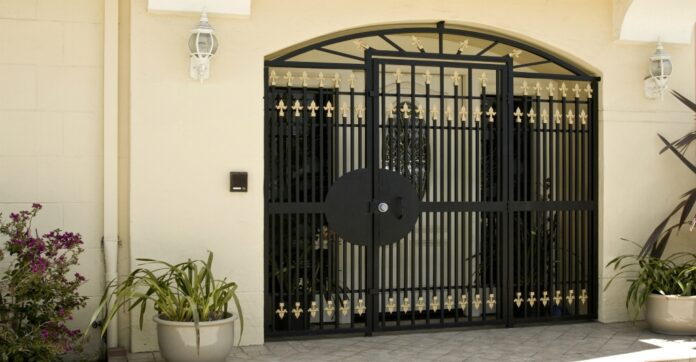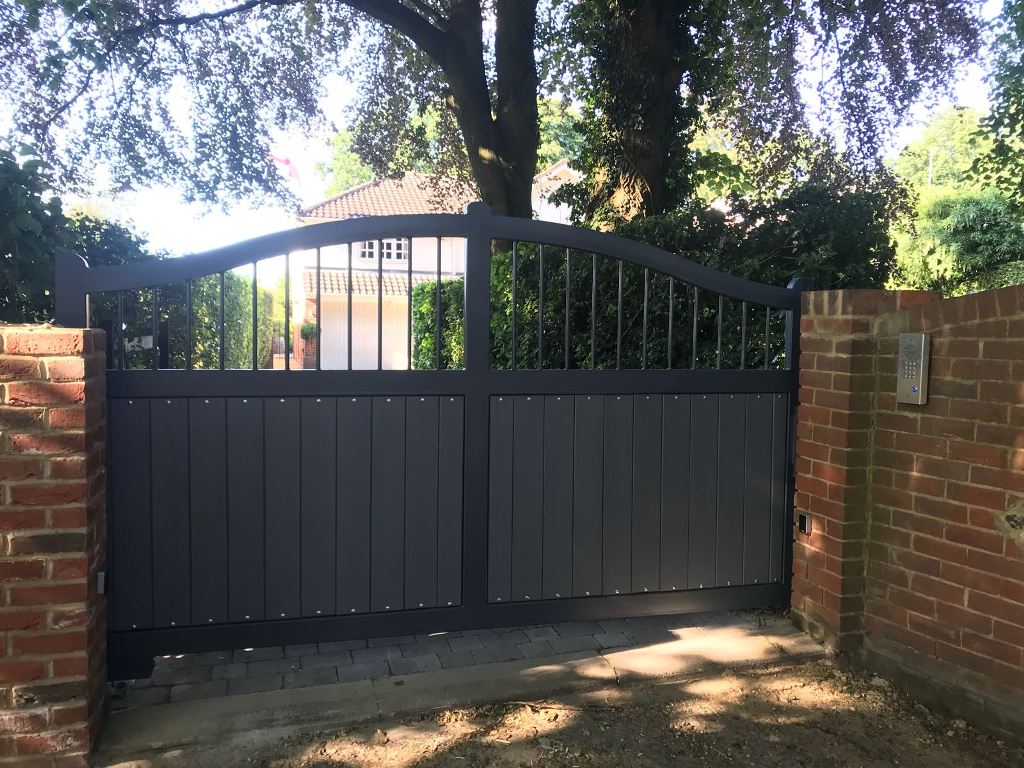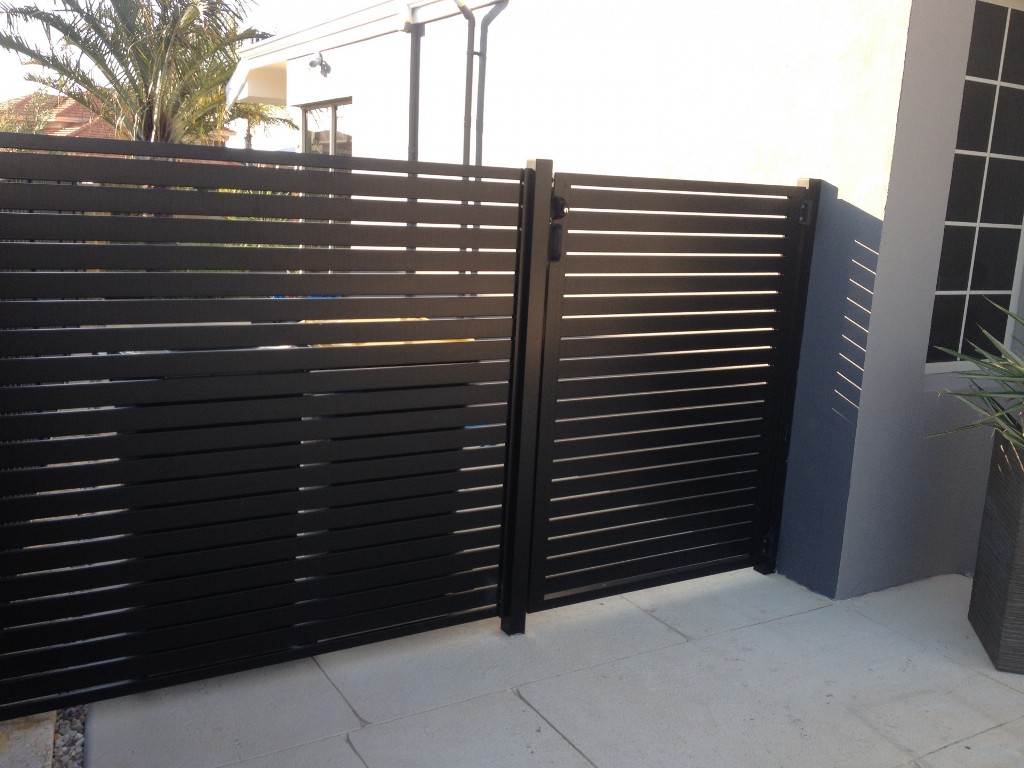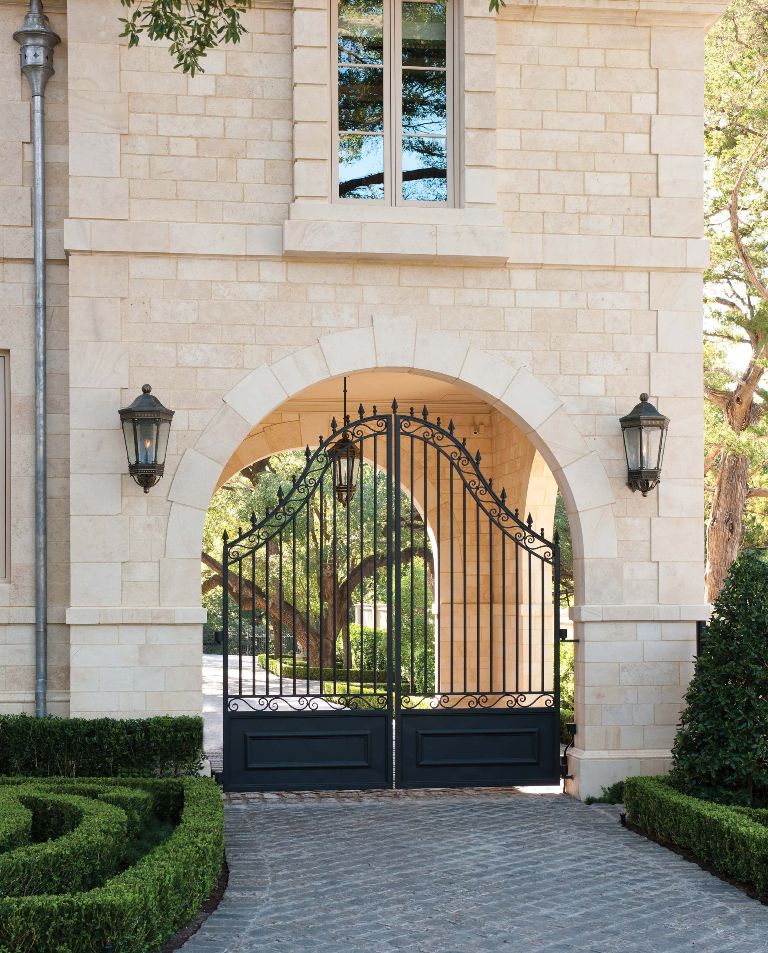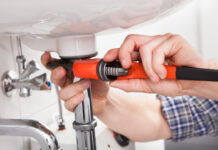The entrance gate is the focal point of your house, and probably the first feature visitors notice. Apart from adding the obvious aesthetics, entrance gates also secure your property from intruders.
With gate manufacturers and installers spoiling us with options, choosing the right gate for your home can be confusing. Here are the key factors you should consider to find the right one-
Style
The style of your home heavily influences the style of gate you choose. For instance, a galvanised steel gate will be suitable for a contemporary, ultra-modern house. On the other hand, wrought-iron gates are ideal for all kinds of architectural style and particularly complement idyllic properties.
The style of gate you select should enhance the overall look of your house.
Purpose
Before starting the search for a gate, understand the purpose you want it to serve. Do you need a gate for improving the facade? Or are you looking for a gate for security reasons? Identifying the purpose will narrow your options.
If aesthetic appeal is your priority, then go for manual metal or wrought-iron gates. However, if you need better security and entry control, an automated gate is fitting.
Type
The two most popular gate types are-
- Swing gates
Usually used for traditional driveways, swing gates further have three types- single swing, double swing and bi-fold swing.
If you want a swing gate for your small property, a bi-fold swing gate is a perfect option.
- Sliding gates
Not as common as swing gates, sliding gates are designed for properties on an incline or with uneven ground.
Property Size
It is important to take into account the size of your property and the space you’re planning to allocate for the entrance gate. For instance, a sliding gate is appropriate for a compact space, whereas sliding gates require more space.
Measure the space beforehand to make sure you get an accurately-sized gate. This will ensure easy gate manoeuvre without any obstructions.
Durability
Different materials offer different levels of durability. Iron, a widely popular option, is highly durable and will last for several years. However, iron gates eventually rust.
Aluminium gates are designed keeping in mind this problem. Apart from being hard-wearing, it’s also weather resistant.
Wood is a traditional option that’s sturdy but is easily affected by weather elements.
Ease of Installation
Iron gates are quite heavy, making them difficult to install. If you are looking for an alternative that’s easier to install, an aluminium gate makes an attractive option.
Customisation
Though there are a variety of gates designs readily available, it’s not necessary that you will find one that perfectly matches your taste or size requirements. For this purpose, select a gate that can be customised to meet your needs. RS Engineering manufactures bespoke gates. From initial consultation and design to final installation, they offer a complete service.
Maintenance
You should only pick wood gates if the upkeep isn’t an issue. Wood gates have to be regularly treated or stained.
Certain gates such as iron gates don’t initially require maintenance but will demand maintenance with eventual oxidation. They have to be periodically sanded and repainted to prevent rust.
Aluminium gates need minimum maintenance. You can either use paint or powder coat and it’s good to go.
Price
Price is an important factor to take into consideration when purchasing a gate. Consult with numerous suppliers and ask for an estimate to find a good deal. Wrought-iron gates are usually on the pricier side, while wood gates are more affordable.
In conclusion, take your time to research and compare suppliers to find high-quality gates at competitive prices. Installing the right gate will not only improve security but will also add to the value of your property.

